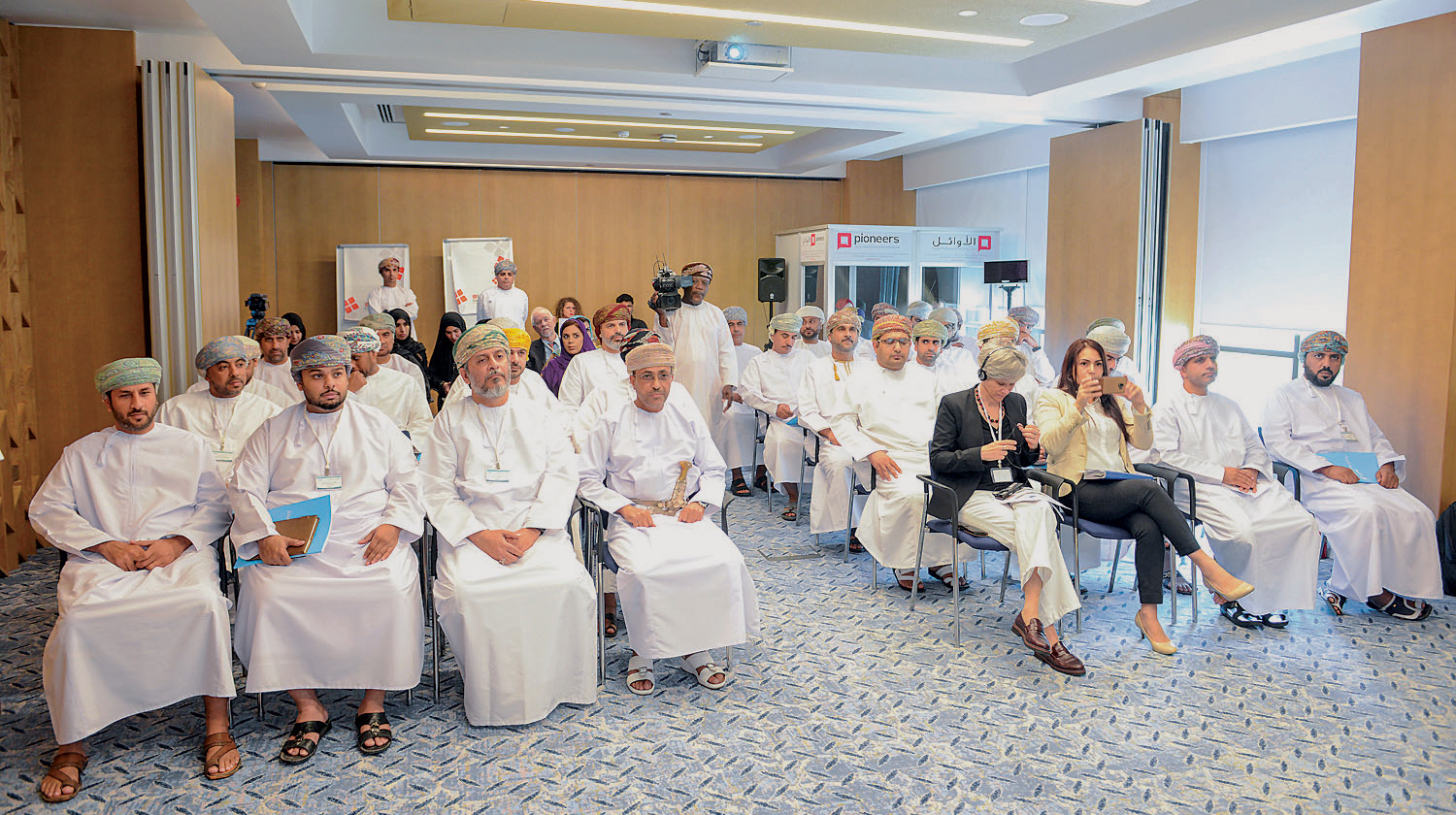

MUSCAT, NOV 4 - The Ministry of Environment and Climate Affairs, in cooperation with the United Nations Environment Programme (UNEP), inaugurated on Monday the National Workshop on Innovative Approaches to Natural Disaster Risk Reduction, under the auspices of Sulaiman bin Nasser al Akhzami, DG of Nature Conservation, Ministry of Environment and Climate Affairs. The event was attended by Karen Somayar Rio, Senior Adviser of Disaster Risk Reduction at United Nations Office, and a number of representatives from (UNEP) in addition to officials and experts from national stakeholders.
The workshop aims to strengthen and develop the capabilities of national cadres, build a regional network specialising in natural disaster risk reduction, exchange experiences on ecosystem-based approaches to disaster risk reduction and climate change, as well as provide basic definitions and concepts for disaster risk reduction and adaptation programmes. Omran bin Mohammed al Kamzari, Director of Pollution Control Centre, said that the Sultanate has incorporated the concepts of climate change and green economy into school curricula and has taken practical steps towards integrating principles and activities on these subjects into the curriculum.
“The Sultanate recognises the importance of international and regional cooperation in the field of environmental education and sustainability in schools. For this, it related activities meant with climate change and general environment issues to school subjects. The GLOB programme, for example, is being implemented in school programmes in many Gulf and other Arab countries,” he explained. AL Kamzari also added that many NGOs and civil society organisations in the Sultanate have established short-term awareness and training programmes and workshops to build skills, engage youth and communities in climate change, education, environmental work and manage the transition to a green economy.
“While many initiatives by international organisations focus on capacity building for disaster risk reduction and emergency response, private sector initiatives often aim at providing awareness and information materials to civil society and school programmes on climate change education,” he said.
Al Kamzari also mentioned that the Sultanate has established the National Emergency Management System (NEMS), which is the interface of the natural, environmental and industrial cases management system in the Sultanate. It includes all the national human and material resources and capabilities needed to deal with emergency events that require rapid response.
Its vision is “Oman Ready”, which aims to reduce the risks of emergencies and minimise their impact on lives and property. Dalal al Warshfani, Director of Disaster and Conflict Management Programme at (UNEP), pointed out that this workshop is the first of its kind, as the Sultanate is making great efforts in this area, which makes it one of the leading countries in the region. She mentioned that the workshop also came within UNEP’s framework, aiming to strengthen the capacities of countries in disaster risk reduction and to improve the management of ecosystems and natural resources.
Oman Observer is now on the WhatsApp channel. Click here



